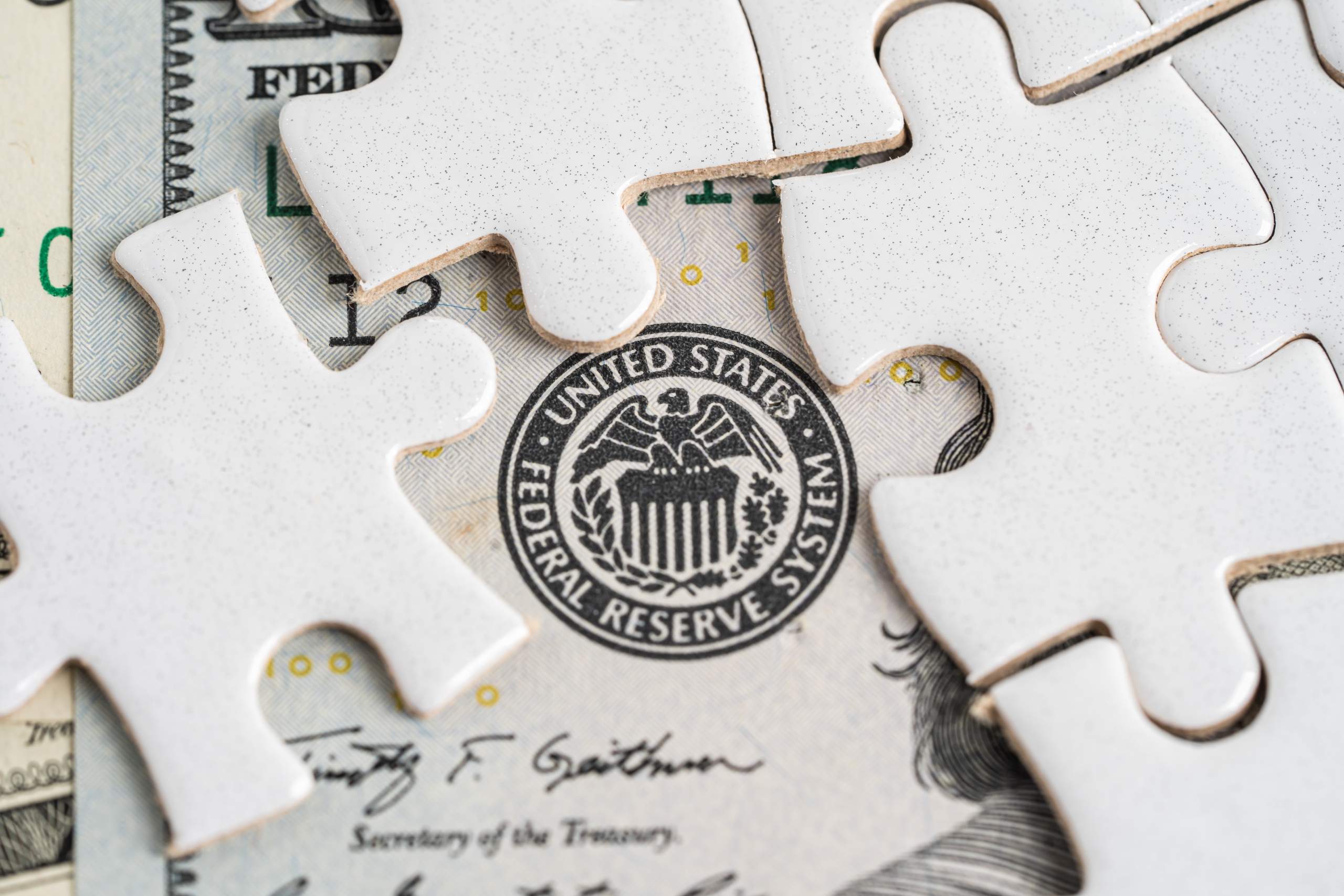What Is the Debt Ceiling and Why Does It Matter?
If Congress doesn’t increase the debt limit before funds run out, the government would be unable to pay its bills resulting in a first-ever default, which would be catastrophic for the U.S. economy.
The U.S. federal government has reached the limit on the amount of debt it is legally allowed to accrue. Congress sets this amount, known as the debt limit, and has the power to raise it to meet the country’s financial obligations. Once the debt limit is reached, the Treasury Department has a limited number of tools, called extraordinary measures, that allow the Treasury to keep paying the government’s bills.
Why Does Defaulting Matter?
If Congress doesn’t increase the debt limit before funds run out, the government would be unable to pay its bills resulting in a first-ever default, which would be catastrophic for the U.S. economy. We have become more concerned that there could be a first ever default on the federal government’s debt because of the short timeframe and the increasing risk of miscalculation.
What Happens if the U.S. Defaults?
Defaulting would mean that the U.S. government no longer always pays its bills. Treasuries would no longer be risk-free. Interest rates for the government and everyone else would rise as the financial system tries to sort itself out. The role of the dollar globally would be weakened, perhaps permanently. Most analysts believe this would result in an immediate recession with long-term negative effects.
Given the likely time it will take for the House and Senate to process an agreement (for example we should not assume that there will be unanimous consent in the Senate to expedite passage), an agreement in principle likely needs to be reached between the administration and Congressional leaders by the end of next week in order to ensure enacted by June 1.
Read full article from the U.S. Chamber of Commerce here.
